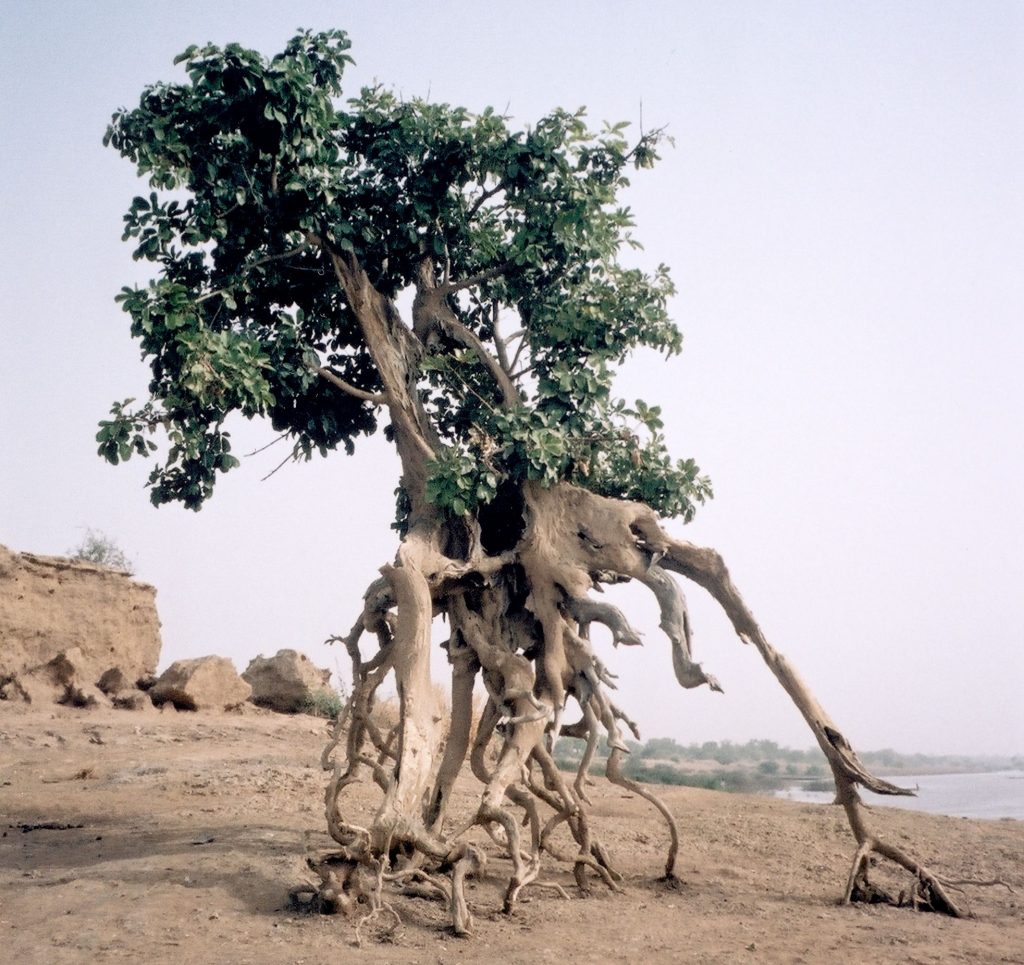The context and objectives of the project
An already long history
Global warming, combined with rapid and profound changes in land use, has a particularly strong impact on the water cycle in the intertropical zone. The associated societal stakes are often critical for the well-being and even the survival of populations, especially in dry and semi-arid areas where access to water remains a challenge, even though the risk of flooding has been steadily increasing for the past ten years, as dramatically illustrated by the record water levels reached by the Niger River in Niamey in 2020 and the numerous material and human damages that this has caused
Funders such as AFD are aware that scientific expertise on the drastic hydro-climatic modifications, which affect all components of the hydrological cycle in these dry tropical zones, is still insufficiently taken into account in the making of development and management policies. In 2016, a dialogue was established on this subject with teams of IRD researchers and led to the birth of a project co-financed by AFD and IRD to operationalize the most recent advances in research on the impact of changes in the water cycle in the Sahel and the Andes.

The central objective of the CECC project is to make available to donors, decision-makers and managers the most recent advances in research on the issue of hydro-climatic intensification in the Sahel and the tropical Andes, in a form that makes them effectively usable to update hydrological dimensioning standards, risk and resource management practices, and to provide anticipation scenarios in a context where global warming and land degradation are accelerating
An ambition at the Science Society articulation
Researchers from 6 IRD laboratories (Espace Dev, G Eau, GET, HSM, IGE, LPED) and their partners in Niger, Senegal and the Andes, will join their efforts to provide donors, decision-makers, managers, operators of consulting firms and scientists with tools and products to update hydrological standards. An important part of the project’s activity will be dedicated to dialogue with end-users in order to understand their needs and the obstacles commonly encountered for an effective use of the research products. A digital portal gathering data, products and demonstrators will constitute the final deliverable of the project.